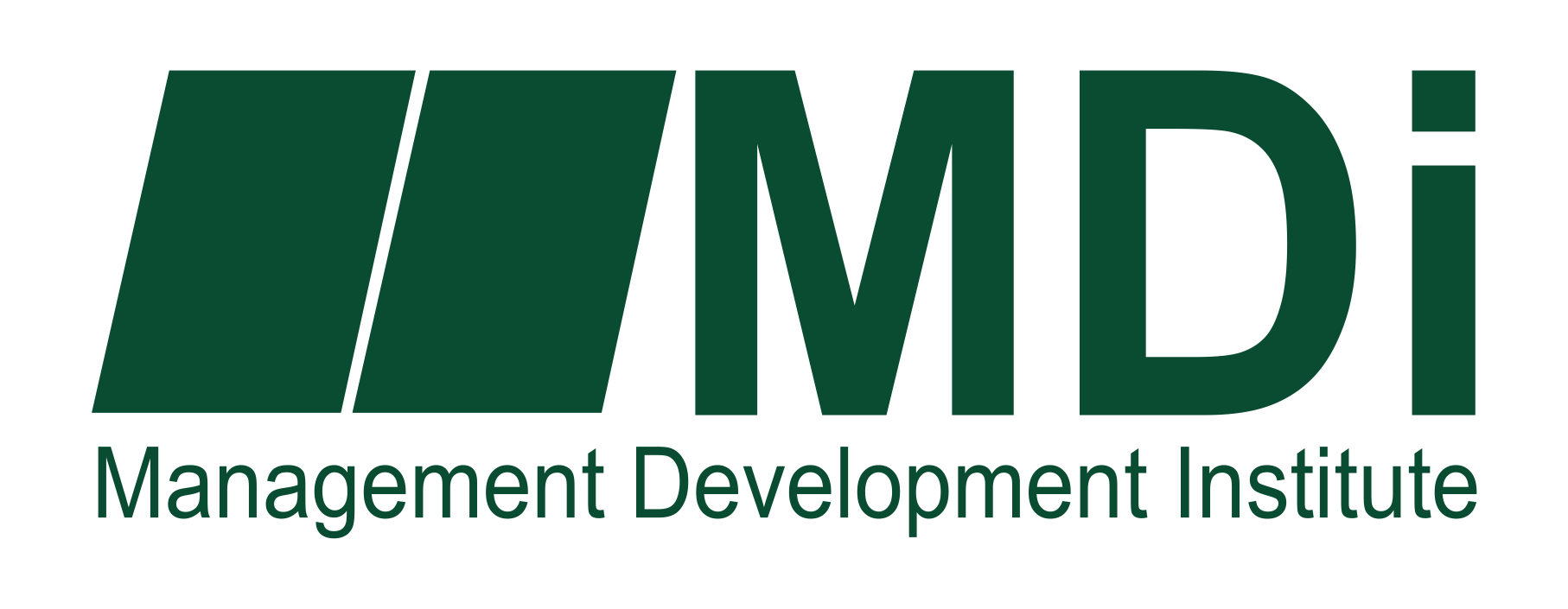MDi offers a range of organizational development and project consulting services to clients in the not-for-profit, corporate and public sectors. These consulting services include:
Consulting Services
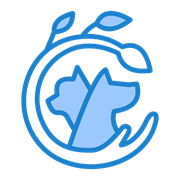
Carbon Footprint Mapping
Consulting support for organizations to measure greenhouse gas (GHG) emissions. Our experts identify emission sources and hotspots, quantify footprints and design compliance strategies for national and international standards. We help align emissions data with sustainability reporting frameworks GRI, ISSB and TCFD and support access to green finance and ESG investment...

Content Development
Instructional design and development of content in English, Urdu and other local language for training modules, classroom-based or e-learning and other organizational materials such as handbooks. Content includes text, images, presentations, quizzes, exercises for group work, etc. including teaching guides for trainers/instructors...
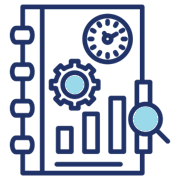
Baseline Assessment and Project Evaluation
Depending on the specific nature of the project, the baseline assessment collects data about local community profiles, demographics, household sizes, job/work opportunities, education related information and other associated information. Project evaluation includes the assessment of an ongoing project in an objective manner in order to gauge achievement of project objectives, impact and sustainability...
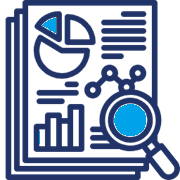
Desk Review and Research
Desk review and research to provide qualitative information and learning from a variety of existing resources. These resources can include internal organizational resources such as HR manuals or policy documents; online resources such as journals, reports and websites; social media resources to assess brand sentiment or commentary; hard copy documentation such as training materials or procedure manuals...

HR Policies and Procedures
MDi works with the organization to construct an enabling and consistent set of policies within an HR Policies and Procedures Manual. The policies and procedures cover recruitment, job descriptions, salary scales, training and career development, performance management, legal and statutory requirement, wage and leave policy, incentive or bonus schemes, etc...

Training Needs Assessment (TNA)
The TNA uses the organization’s objectives and priorities as a starting point for the design of questionnaires, on-the-job interviews, focus and departmental group inputs, interpretation, analysis, reporting and presentation of recommendations. The TNA covers assessment of current skills and exposure against desired levels, gap analysis and recommended interventions...

Environment and Engagement Surveys
A great tool when properly run to manage employee perceptions of the organization, the work environment, and people relationships. They give management a comprehensive view of the overall health and commitment of the organizational community, as well as determining if the organization is focused and customer-facing, or if its energies are being diffused through lack of understanding of common objectives...
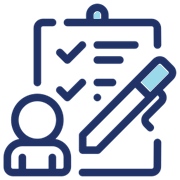
Salary and Benefits Surveys
The real challenge in salary and benefits surveys is to work with meaningful comparisons. This is because there is significant variation in the terminology and meaning that different organizations attach to designations, grades, job titles etc. Much depends on the size of the organization, the scope and scale of the specific job, the nature and complexity of the position, the size of the team and in some cases the need for specific, specialist skills.
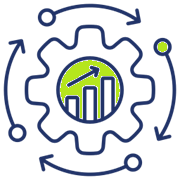
Process Improvement
An effective way to establish continual improvement within the organization is to conduct regular process improvements (BPI). MDi experts can engage with your team to assess and improve processes across a variety of organizational functions such as people development and training, customer service, supply chain, warehousing and inventory, etc.
Featured Consulting Interventions
Desk Review and TNA on Soft Skills Training of TVET on behalf of Punjab Skills Development Fund
Salary and Benefits Survey on behalf of CARE International
Environment and Engagement Survey of Staff on behalf of UNICEF
Psychometric Testing of Blue Collar Workers – Unilever Pakistan
Team Building Retreat – World Food Programme (WFP)
HR Policy and Procedures Manual Review – Action against Hunger (ACF)
Assessment of E-Learning Modalities in Local Governance in KPK – GIZ
Consulting for Funding Proposal – Indus Heritage Trust
Training Content Development for WomenX Project – The World Bank
Research and Development of Soft Skills Training Modules – PSDF
